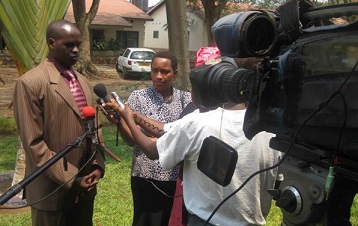LESSON
Lesson Learned: Prévention de la violence durant la période électorale de 2010
In view of the time and the human resources which were allocated to this project, it would have been important for the grantee to adjust the number of planned activities and to focus on a coherent, qualitative process, within which the activities would have complemented one another. Similarly the activities should have been implemented in such a way to establish a clearer relationship between national and local level.
Project Partner
Association of Catholic Lawyers of Burundi
Project Description
The aim of the project was to build on the peace process in Burundi and consolidate democratic principles through peaceful elections by encouraging the population in three heavily war-affected provinces to vote in a reflected and enlightened manner and by further encouraging these populations to express their needs and aspirations in order to be included in the electoral programmes of the political parties.
Report
Evaluation Date
November 2011
Theme
Country
